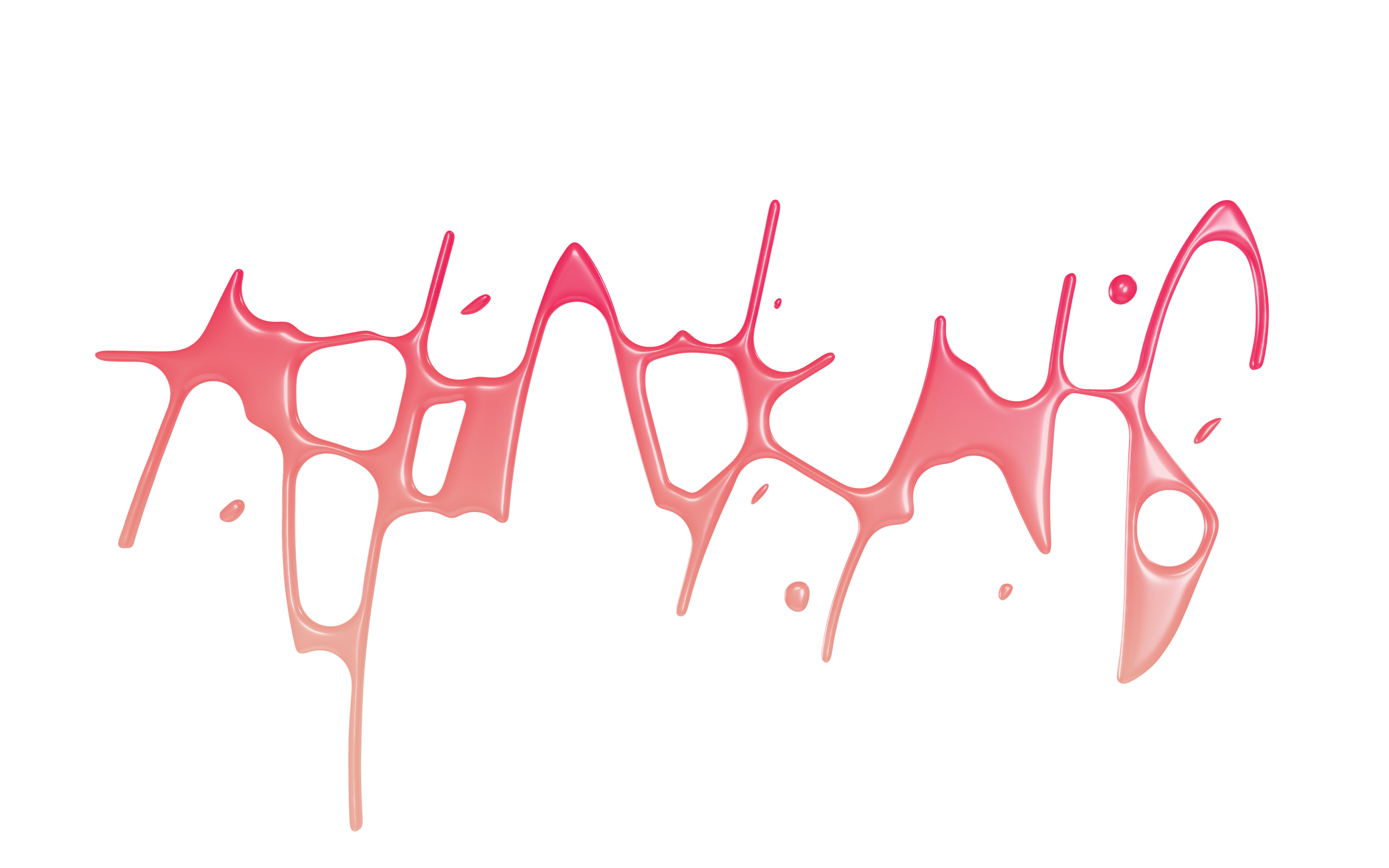
Spring/Summer 2022
Research Capsule
Research Capsule
The desire to envision an ideal place is far more urgent in darker times than in times of peace. Utopian imaginaries allow us to see alternatives, and offer refuge from pressing realities. The risk is that they avert our attention, and prevent us from taking direct action. Due to its association with the unrealistic and unattainable, Utopia has gained a bad rep. It is “a good place” detached from worldly struggles. Cute, but practically useless.
But there is merit in paying closer attention to utopian proposals. Especially in eras as overwhelming and complex as ours, when questions like: how to create a more liveable world? require nuanced, intersectional answers. To move forward, we need not only critical analyses and hope. We need solid models that guide us in our practice. We need realistic methods to envision more just social, political, and economic structures. We need new tools to build worlds. Engaging critically and creatively with utopian thinking can help us.
This two-part research capsule offers reflections on utopian thought to understand its problematics, nuances, and (above all) its possibilities. A thread running through the pieces published here, is how ideas for a more liveable world can become reality, and how utopian imaginaries can be translated into practice. As one of our editors, Kavya Venkatraman, pointedly observed: “the pieces have a hopeful pragmatism about them. They are not disdainful neither do they drown in wistfulness—they are oddly uplifting in that they call us to things we already know, have, and can use as a point of departure.”
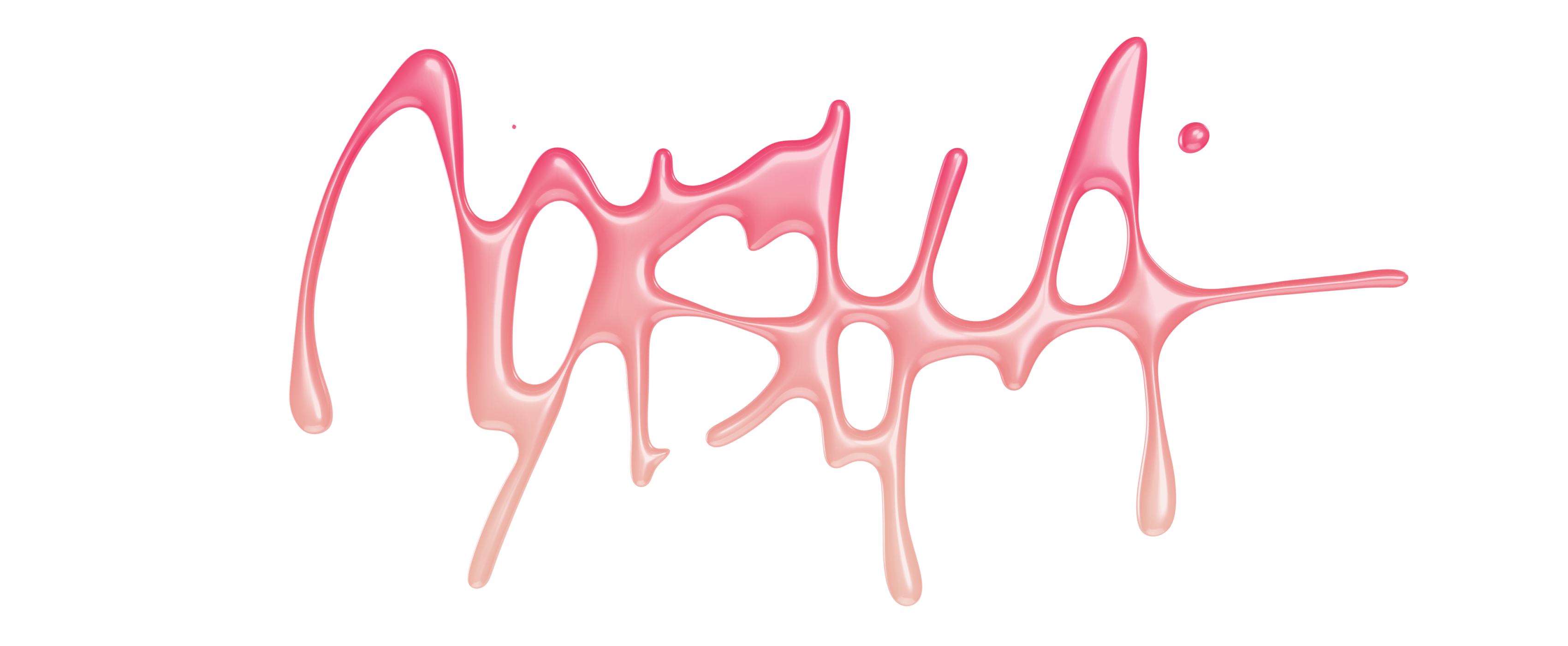
Embracing this hopeful pragmatism, Misha Kakabadze’s essay unpacks Ernst Bloch’s notion of “concrete utopia” as a concept signifying potentiality, while remaining grounded in the socio-economic and political conditions of a given context and time. Ernst Bloch was a Marxist philosopher and dissident who devoted much of his life’s work to rehabilitating and philosophically grounding the notion of utopia. Misha elucidates the utility of Bloch’s thinking in light of today’s climate crisis.
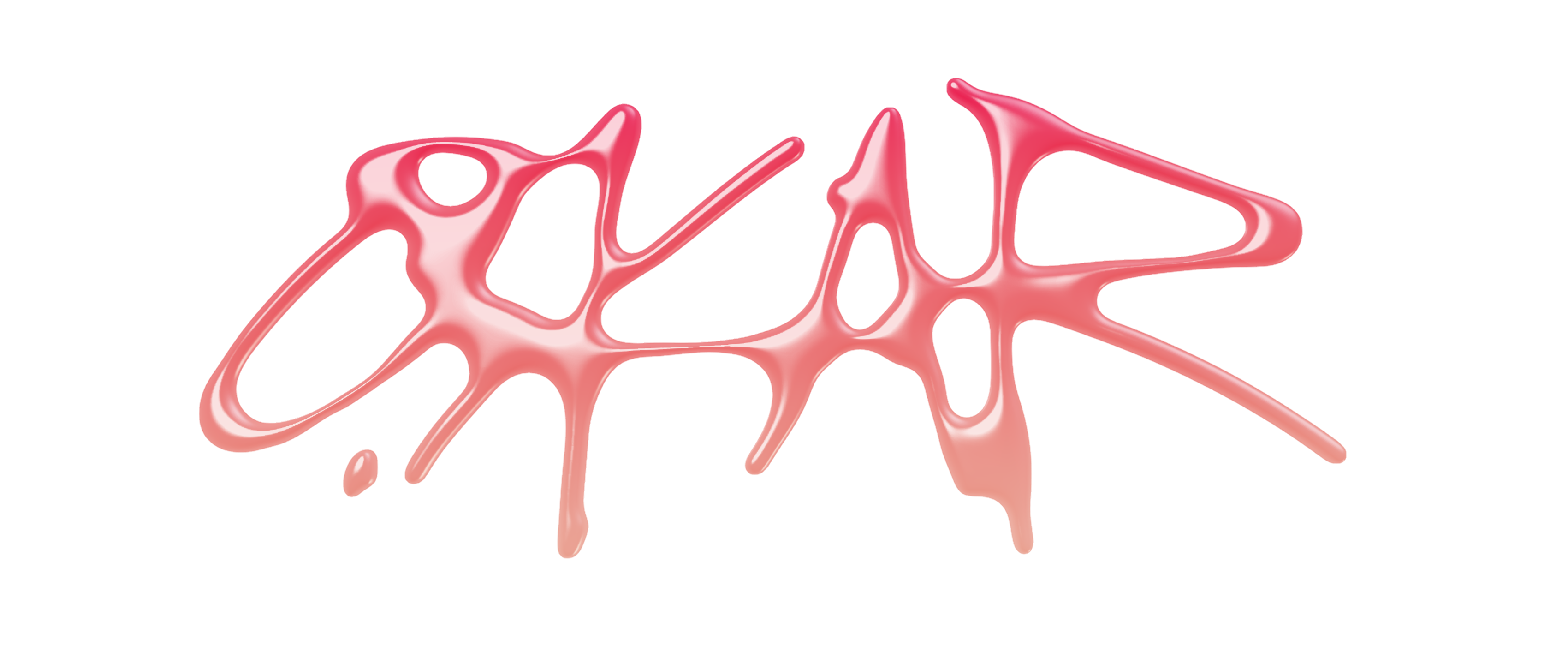
A related exercise is conducted by Oskar Johanson, who expands on Foucault’s notion of “heterotopia” and the philosopher’s thinking through vessels. As opposed to utopias, places that do not exist, heterotopias were sites that did exist in the real world, be it as ‘other/different’ (hetero) in relation to a wider milieu. Both utopias and heterotopias can act upon the world, but only the latter can be inhabited. Taking the pandemic’s most famous cruise ship, the MV Artania as an object of analysis, Oskar shows how conditions of capital, labour, and containment were positively reversed on this heterotopian vessel as the pandemic progressed.

Arguably, the cruise ship is designed to mobilize desire for a momentarily carefree life, available to those with a ticket. Nicholas Burman traces desire, an affective state possessing a utopian quality, through recently published critical theory, from Mark Fisher’s final lectures to Katherine Angel’s Tomorrow Sex Will Be Good Again. Nicholas contextualises desire in these authors by taking the scenic route past Camus’s The Rebel - with Marquis de Sade as its protagonist - and Silvia Federici’s Caliban and the Witch. All this to better understand how desire is intertwined with extractive capitalism, and how we can engage better with it tomorrow.
Desire can be perceived as utopian, as it is based on an imagination of a more pleasurable condition. It also has a sensorial dimension, as visions of ideal states instigate a bodily response. If desire is connected to a future projection, sensory memory can be seen as its temporally reversed counterpart. As a specific form of memory, Maithri argues in their essay, it can assist us in a turn towards the Post-Anthropocene. Prompted by Carlos Casas’ experimental film Cemetery, Maithri shows how the nonhuman viewpoint of elephant Nga and the film’s affective quality, inform a type of memory beyond the individual, and its boundaries of body, space, and time. Utopian thinking is here understood as a catalyst for change in (self-) perception, paving the way toward “a good place” beyond the Anthropocene.
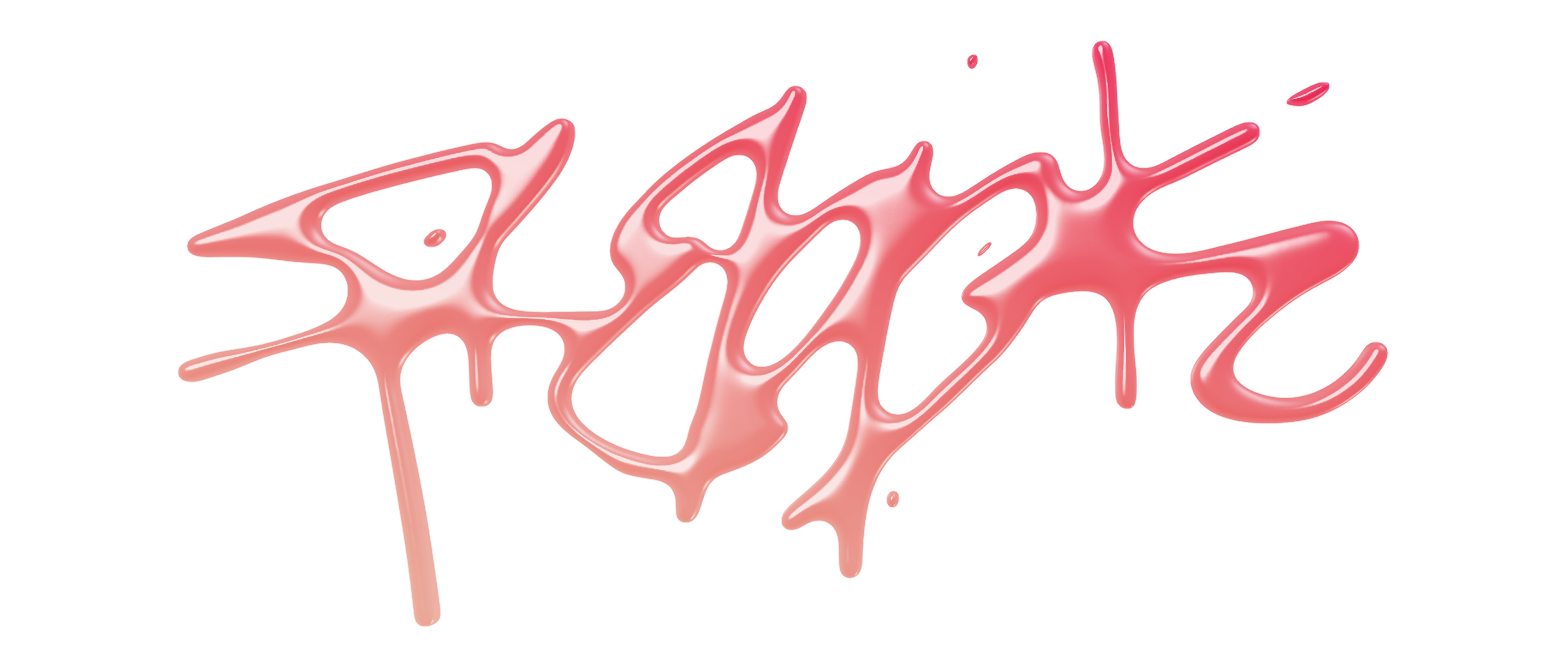
The limitations and possibilities of space and time are also an intrinsic curiosity of Frédérique Albert-Bordenave. Through a series of found images and a poetic reflection, she reveals how the strength of shadows may be found in their ability to rise above our temporal and spatial bounds. Evoking a childlike excitement over adult-themed shadow play, these visuals show the coincidental potential of shadows to create new perspectives. As spaces often overlooked, or often rather not looked at, shadows offer an unexpected gateway to the imaginary, the wished for, and the not-here-yet.
The boundary blurring continues in (here).net, an interactive 3D experience by Felix Luke, where a mechanical, autogenerated voice-over criticizes the utopian promise of the digital space, which so far mostly delivered alienating and extractive metaverse-like environments. Network-speak and a low-poly digital urban environment induce the specific state of mind we might experience while being hyper online, when virtual superstructure and physical reality become increasingly hard to distinguish. To counter this, Felix asks what role the digital space is to play if we are to head towards a more equitable organization of human life.
Utopian Thinking in the dark times – Spring/Summer 2022 Research Capsule by Neo-Metabolism – Editors: Georgia Kareola, Kavya Venkatraman, Nicholas Burman – Contributors: Felix Luke, Misha Kakabadze, Oskar Johanson, Nicholas Burman, Maithri, Frédérique Albert-Bordenave – Paintings: Eric L. Chen – Wordmark: Clint Soren – Site: dolor~puritan x cargo – Published: 1 March 2022